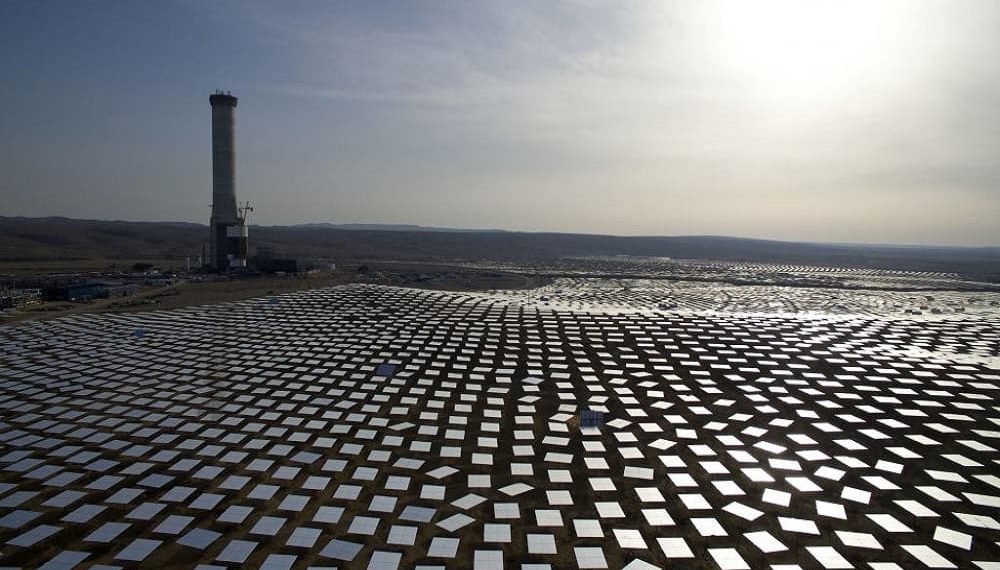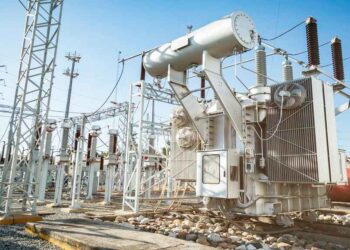The Israeli government has launched proceedings to contract what is arguably one of the largest PV projects ever in the country, a venture that may feature a storage element.
Earlier this week, the Israeli Ministry of Finance posted documents setting out the rules of a tender that will award a 300MW PV scheme near the city of Dimona, in the Negev Desert. Developer applicants will have between 22 January and 26 May to submit documents for a first pre-qualification phase, which will pick the finalists who will then compete for the actual tender.
The Israeli government has earmarked a 2,763,000-square-metre site for the project and is open, the tender documents show, to considering an energy storage add-on.
The government may end up requiring solar bidders to prove they or other associated third parties have got “experience or know-how” with energy storage systems. The project is structured as a public-private partnership and will be “transferred” back to the state of Israel once built.
Steady PV growth for country eyeing 17% RES target
The solar PV push is meant to help Israel progress towards government targets for renewable power, which is required to cover a 13% generation share by 2025 and at least 17% by 2030.
Figures by the global agency IRENA chart the upwards trajectory of installed PV capacity in Israel in recent years, from 2015 (766MW) to 2016 (866MW), 2017 (969MW) and 2018 (1.07GW). Should it finally boast a 300MW capacity, the PV project in Negev would more than double the size of a recently completed plant, which was billed as Israel’s largest operational installation.
In late November, news emerged that a joint venture between German firm Belectric and Israeli civil contractor Solel Boneh had powered up a 120MW PV plant near Zeélim, in Israel’s southwest.
Prior to Zeélim and since 2013, Belectric claimed to have taken 24 other PV projects to completion in Israel, a 270MW up-and-running portfolio all in all. EDF Renewables has also been active in Israeli PV, having completed in late 2018 a 101MW pipeline that was said to feature the cheaper tariffs ever seen by the country by that point.





































